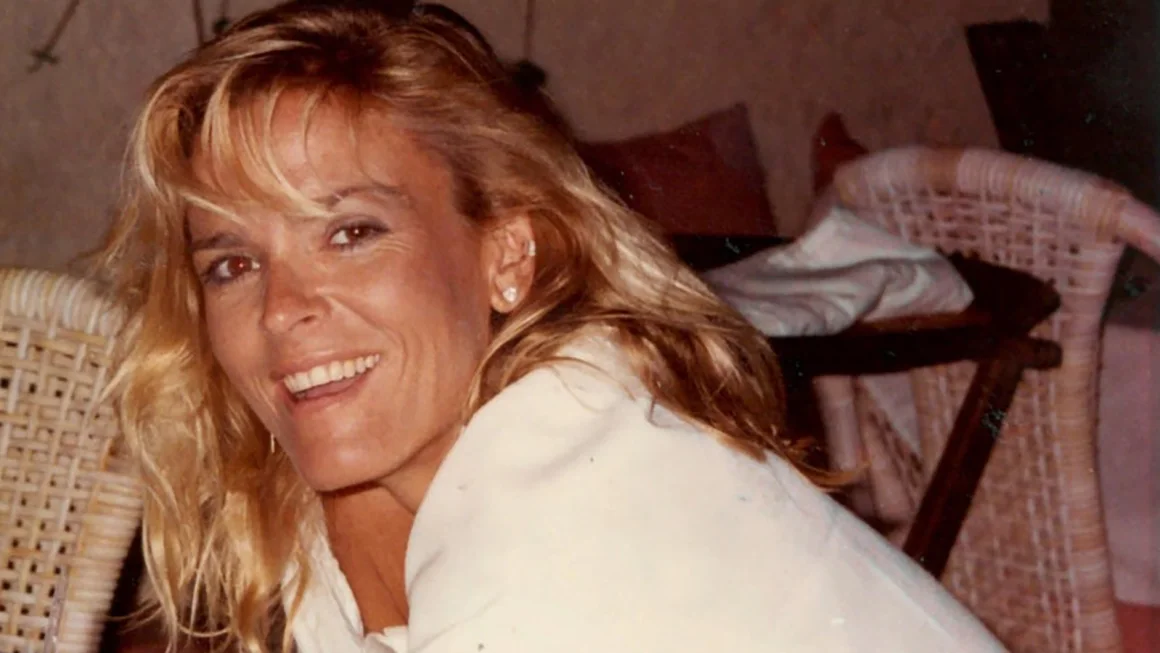Thirty years after Nicole Earthy colored Simpson’s homicide, and a couple of months after O.J. Simpson’s passing, Lifetime returns to “the preliminary of the 100 years” with “The Life and Murder of Nicole Earthy colored Simpson,” an undertaking whose title demonstrates its craving to paint her as something beyond a casualty. While the makers can’t bring much new to the case, the docuseries converses with the perfect individuals in spreading out her side of the story.
As distinctive as the subtleties were when Nicole Brown was ruthlessly killed in June 1994 and her significant other, football star O.J. Simpson, was accused of the wrongdoing, certain viewpoints have without a doubt blurred from memory, for example, how she was a 18-year-old entertainer when he previously moved toward her – “simply a young lady from Laguna,” her sister Dominique Earthy colored says, who “met a person that deeply inspired her.”
Nicole’s different sisters, Denise and Tanya, join family companions in recalling her, and there are a lot of tears en route – including a visit to her grave close to the furthest limit of the four sections – as well as outrage about how the media portrayed her. “They were painting her as this party young lady,” Denise expresses, matched with a newspaper image of her in a swimsuit on a boat. “They were painting her as this individual that she was not.”
The makers (whose credits incorporate Lifetime’s “Getting through R. Kelly”) utilize old home films to figure out Nicole’s apparently untainted childhood, her underlying hurricane sentiment and the hazier side of her union with the footballer and entertainer. That incorporates returning to the historical backdrop of abusive behavior at home calls starting with Simpson’s most memorable spouse, Marguerite, and conversing with a resigned LAPD criminal investigator, Terry Schauer, who answered an episode at their home.

What follows is a dense dissection of Simpson’s controlling nature (which included, a Brown family friend says, insisting that Nicole not breastfeed), his infidelity and his jealousy regarding other men once they separated, particularly her relationship with another standout USC running back, Marcus Allen.
Everyone looks a bit older, but there are few stones unturned by the producing team, incorporating interviews with the Brown sisters, Kato Kaelin, Faye Resnick, detective Tom Lange and other peripheral players who figured prominently in the trial. Some of the anecdotes are heartbreaking, with Denise recalling a “gut-wrenching, curdling scream out of my parents’ bedroom” when they were notified of Nicole’s murder.
Simpson’s death in April rekindled discussion regarding the case, although the emphasis here stays squarely on how his actions and behavior impacted Nicole, so much so that Denise – the most outspoken and visible family member during and after the trial – states right off the bat that she intends to avoid speaking his name.
What “The Life & Murder of Nicole Brown Simpson” won’t do, almost certainly, is change many minds, or rival the depth associated with other past jumps into this story, from the dramatized “American Crime Story” to the sweeping ESPN docuseries “O.J.: Made in America.”
Simpson’s trial captivated the media in large part due to his celebrity and the televised proceedings, echoing through time with renewed attention arising at each major anniversary in the years since. Having watched more of that than is probably necessary (or healthy), Lifetime has credibly added another chapter to that filmography, without significantly advancing the ball.
